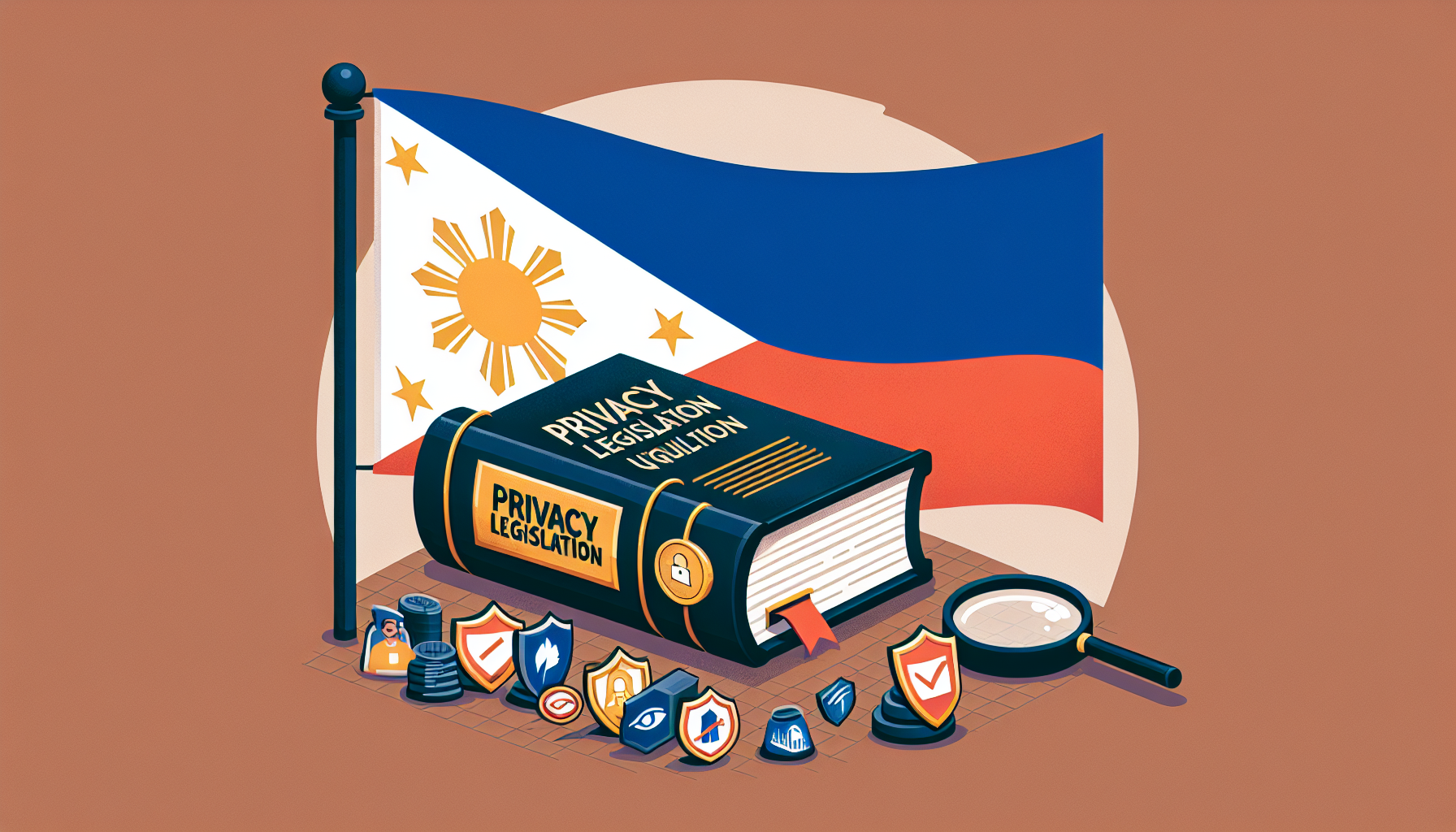Understanding Philippines’ Privacy Legislation Requirements

About Course
The Philippines’ privacy legislation, primarily embodied in the Data Privacy Act of 2012 (DPA), underscores the importance of protecting personal information in an increasingly digital world. At its core, the DPA aims to safeguard the privacy of individuals while ensuring that personal data is processed fairly, lawfully, and transparently. It aligns with global standards such as the General Data Protection Regulation (GDPR), emphasizing the rights of data subjects, including the right to access, correct, and object to the processing of their data.
Organizations operating in the Philippines must comply with specific requirements, such as appointing a Data Protection Officer, implementing robust data protection policies, and conducting regular privacy impact assessments. The National Privacy Commission (NPC) oversees compliance, offering guidance and enforcing regulations. Non-compliance can result in hefty fines and reputational damage, making adherence not just a legal obligation but a strategic imperative. Understanding and implementing these requirements is crucial for businesses to maintain trust and avoid legal repercussions.
Course Content
Introduction to the Data Privacy Act of 2012 (RA 10173)
-
Overview and Objectives of the Data Privacy Act
-
Scope and Coverage of the Data Privacy Act
-
Key Principles of Data Privacy
Rights of Data Subjects
Obligations of Personal Information Controllers (PICs) and Processors (PIPs)
Data Breach Management and Reporting
Role of the National Privacy Commission (NPC)
Earn a certificate
Add this certificate to your resume to demonstrate your skills & increase your chances of getting noticed.

Student Ratings & Reviews
